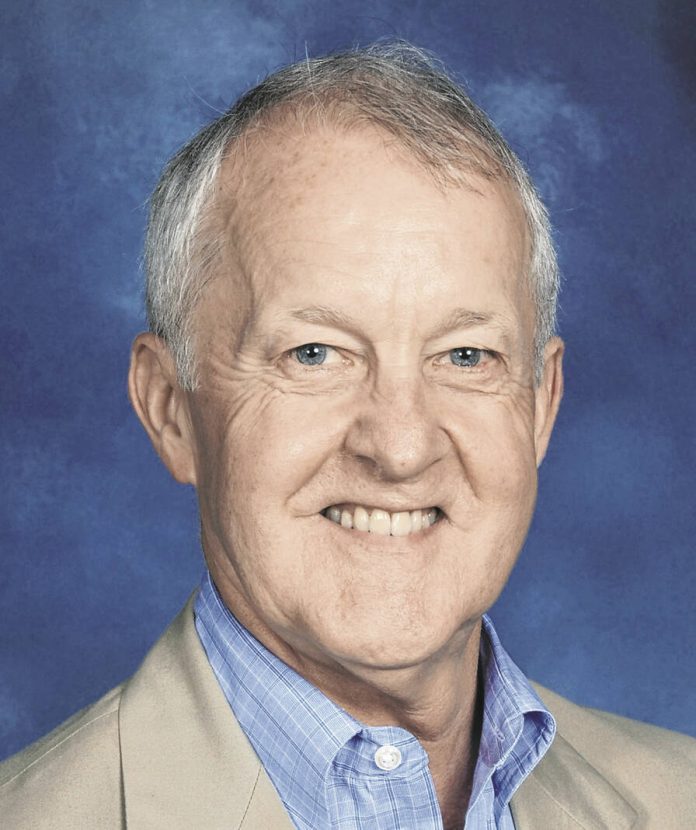I am sitting at a table in Coffeehouse Five waiting for Becky to finish her work at the Johnson County Library Services Center.
Waiting is so much easier with a good cup of coffee. Although the house sound system is pouring out a jazzy something, in my head I am hearing the lyrics of a Tom Petty’s song: “The Waiting is the Hardest Part.”
I started thinking of the song on the drive over after a guy in a pickup made a quick, unexpected turn in front of us. It was a situation where cars are lined up to turn left and the first driver calculates he has enough time to go for the turn, when he really doesn’t. I had to put on the brakes. Hard.
“I guess he got tired of waiting,” I thought to myself, and then the lyrics were in my head.
I taxied Becky to the library because she is restricted from driving while her eye heals.
Last week I drove north a few times around Interstate 465 to get her to and from the eye surgery center. We sat in more than one waiting room during our visits. Television volume is low. Most of those who waited were seated so they could see the screen. TV is an easy way to get through the waiting, a convenient distraction. Evens so, many of the TV watchers were biding their time by also scrolling their phones. I had a crossword puzzle and my journal, so I sat with my back to the screen.
I am also thinking about waiting, perhaps, because a couple of days ago, I read an online excerpt from a new book, “The Extinction of Experience: Being Human In A Disembodied World” by Christine Rosen. In the excerpt the author examines the changing expectations we moderns have of those times when we must wait.
She tells of visiting Disney World when she and her sister were young and how waiting in lines for the rides was tortuous to them. Sometimes in the 1990s Disney identified that “long waits” was the number one complaint of visitors and undertook changes to the queue lines by adding display boards with wait times, video screens with action-packed scenes from Disney characters, and other psychological strategies of diversion. The goal was to distract the customer from the passage of time.
Rosen quotes the novelist Milan Kundera who said speed is “the form of ecstasy that the technical revolution has bestowed upon man.” Speed surely is a pleasure that eliminates “wasted time” but, as Rosen writes, “it also raises our expectations, how impatient we get if everything happens quickly.”
She goes on to show the cumulative effects over time of speed on our expectations. In other words, as technology has allowed our desires to be more quickly realized, we get more and more impatient even as the wait time becomes shorter and shorter.
As life become faster we get more impatient with everything including each other. Rosen explores other ways of experiencing the world. She tells of her visits to the community of Trappist Monks at Abbey of Gethsemani in Kentucky “in order to gain a different understanding of time.”
On her first day, she was greeted by Father Carlos who examined the root of the problem. He told her we seek convenience. We seek to make things easier. He said we seek entertainment. She learned that this cloistered lifestyle fosters a completely different understanding of what it means to wait. Waiting often means something negative, a submission to power. “And in many ways this is the form the monks’ waiting takes: They subordinate themselves and their time to God’s work.”
Hmm. I think it might do me well to read this book. And if I order it online, it should get here overnight.
Norman Knight, a retired Clark-Pleasant Middle School teacher, writes this weekly column for the Daily Journal. Send comments to [email protected].





